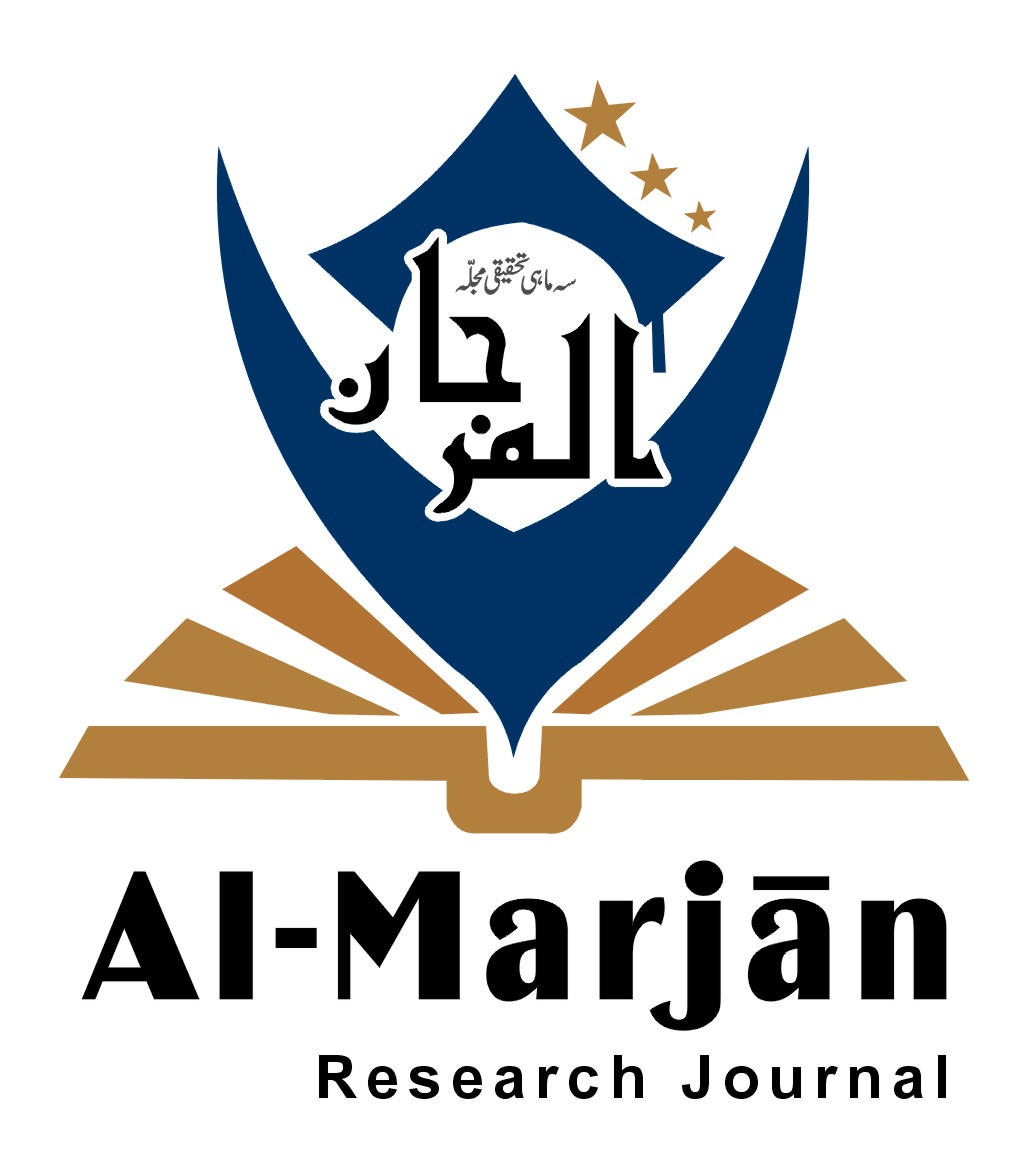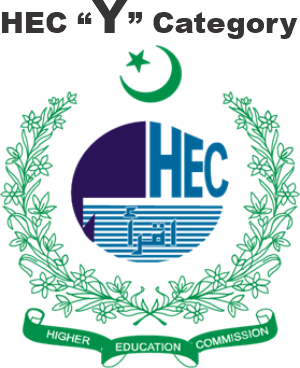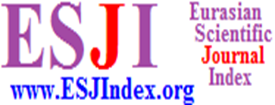Guidelines for Authors
Manuscripts submitted to Al-Marjān: International Research Journal of Islamic & Religious Studies must follow the guidelines below:
1. Subject and Language
-
Articles must focus on Islamic Studies and may be based on fieldwork or conceptual research.
-
Manuscripts may be written in Urdu, Arabic, English.
2. Formatting Requirements
-
Manuscripts should be prepared on A4-sized paper with standard margins.
-
Use 1.5 line spacing and a clear, readable font.
-
Length: between 6,000 and 10,000 words.
3. Author Information
-
Provide the full name(s) of all author(s), their institutional affiliation(s), and complete address(es).
4. Abstract and Keywords
-
Include an abstract of 150–250 words summarizing the research problem, methodology, findings, and conclusion.
-
Provide 5–8 keywords immediately after the abstract. Avoid overly general terms, plurals, or multiple concepts.
5. Submission Format
-
Accepted file formats: Microsoft Word, OpenOffice, RTF, or WordPerfect.
-
Arabic terms must be transliterated according to the Chicago Style.
6. References and Citation Style
-
References must follow the Chicago Manual of Style (footnotes + bibliography).
-
Use Mendeley or Zotero for reference management.
-
First citation: include full details (author’s full name, title in italics, place, publisher, year, page).
-
Subsequent citations: use the author’s last name, shortened title, and page number.
-
"ibid." may be used; however, "op.cit." and "loc.cit." should not be used.
7. Examples of Citation Styles
Footnote
-
Zachari Abuza, Political Islam and Violence in Indonesia (London: Routledge, 2007), 15.
-
Christiany Juditha, “Literasi Informasi Melawan Hoaks Bidang Kesehatan di Komunitas Online,” Jurnal Ilmu Komunikasi 16, no. 1 (June 2019): 79, https://doi.org/10.24002/jik.v16i1.1857.
-
Nasr Hamid Abu Zayd, “Everyday Life, Qur’ān In,” Encyclopaedia of the Qur’ān, ed. Jane Dammen McAuliffe (Leiden: Brill, 2002), 90–92.
Bibliography
-
Antoro, Billy. Gerakan Literasi Sekolah dari Pucuk hingga Akar: Sebuah Refleksi. Jakarta: Kementerian Pendidikan dan Kebudayaan, 2017.
-
Superka, Douglas P., et al. Values Education Sourcebook: Conceptual Approaches, Materials Analyses, and an Annotated Bibliography. California: Social Science Education Consortium, 1976.
-
Zaqiah, Qiqi Yuliati, and A. Rusdiana. Pendidikan Nilai: Kajian Teori dan Praktik di Sekolah. Bandung: Pustaka Setia, 2014.
Interview
-
Rahayu Lestari Putri, interview, October 13, 2019, 14:05.
Note: Only original manuscripts that have not been previously published will be considered.




































